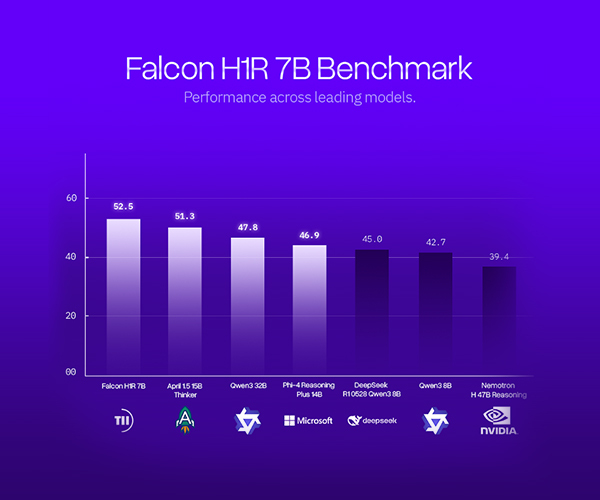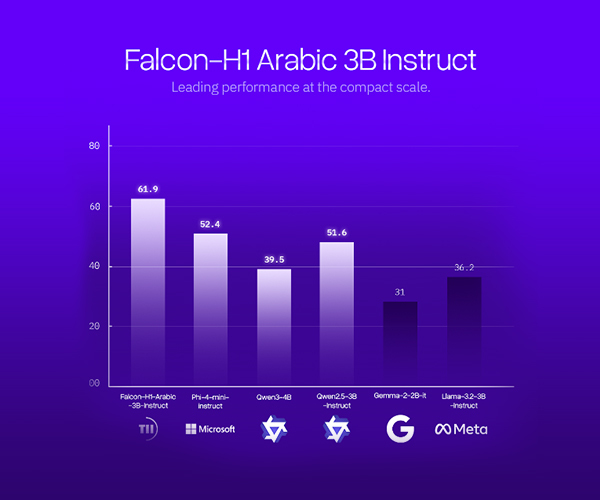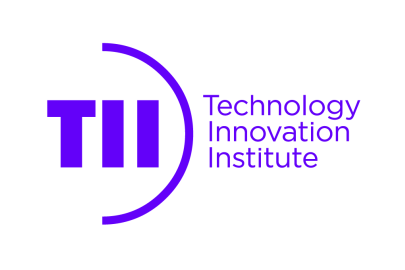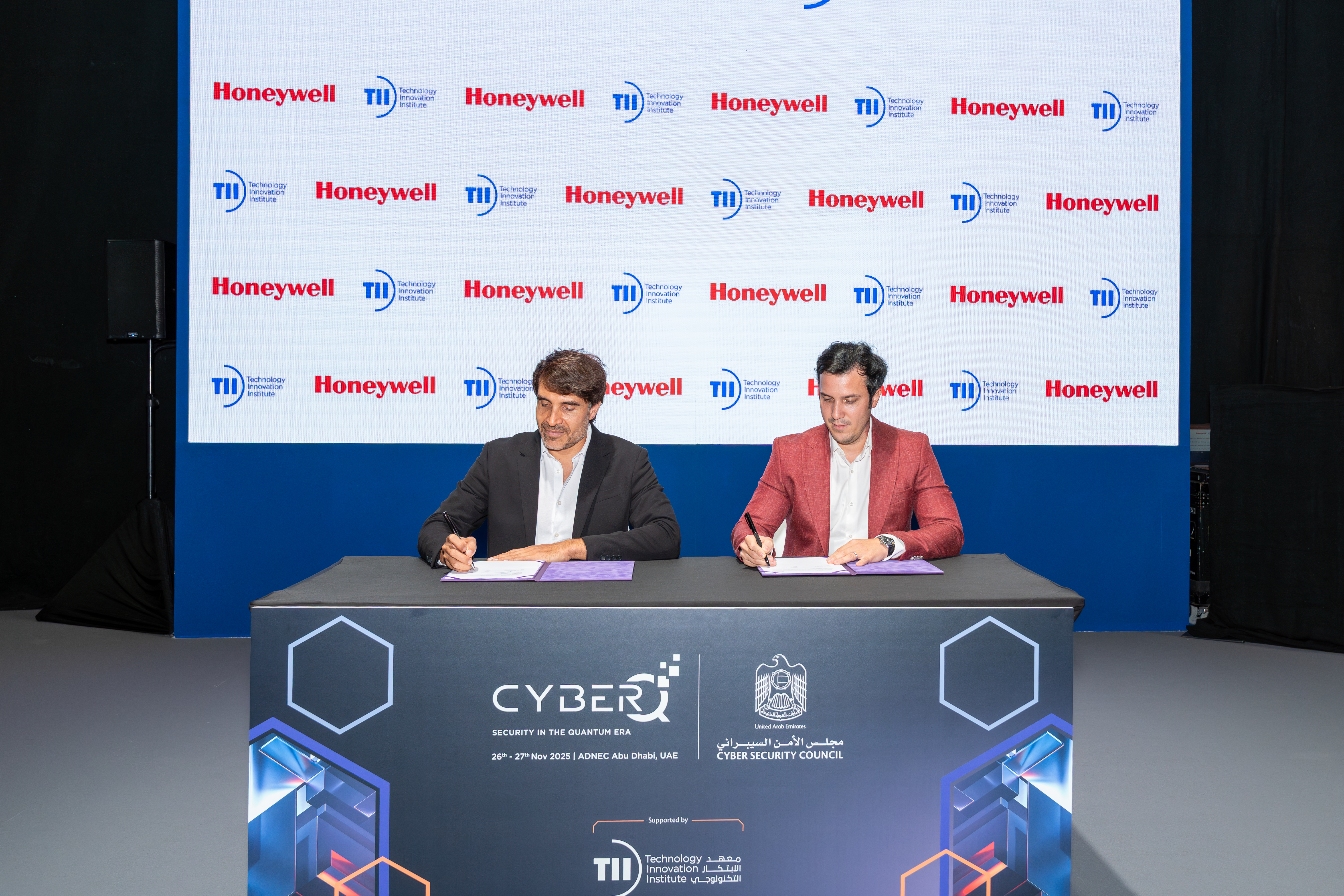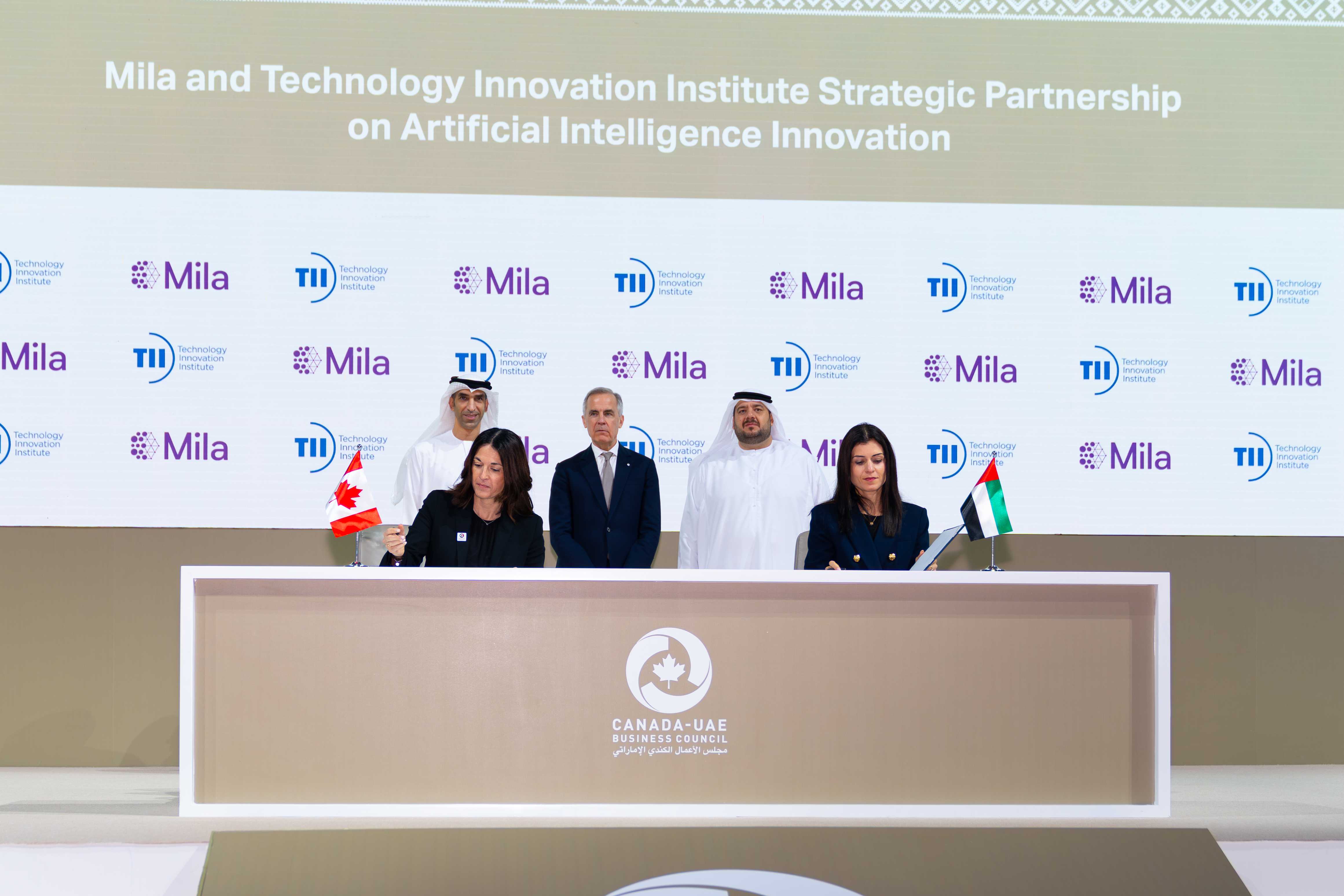
Congratulations to Marcus Engsig, Associate Researcher, Wave Machine Intelligence Department at our Directed Energy Research Center (DERC) for being selected to present a paper at the upcoming MATLAB® User Group Meeting!
Congratulations to Jide Oyebanji and Tarcisio Silvia, Simulation Engineer, and Researcher, respectively, at our Advanced Materials Research Center (AMRC) on their selection to present papers at the upcoming MATLAB® User Group Meeting!
Run on October 6 at the W Hotel in Yas Island, Abu Dhabi on the theme ‘Empowering Digital Engineering through Model-based Design’, the upcoming edition of the meeting brings together MATLAB® and SIMULINK® users, developers, and industry experts to learn and share new ideas on how Model Based Design is an ideal framework to empower digital engineering and facilitate digital transformation within organizations.
Jide Oyebanji is presenting a paper on the ‘Design of an Interactive TPMS Designing Desktop App’. LACE, the software in use, pushes the frontiers of architected materials design and development and works seamlessly, leveraging on the robust numerical computational capabilities of MATLAB® App Designer. Shipped with 23 primary TPMS architectures, LACE allows scientists and engineers to generate a limitless number of TPMS structure combinations.
Meanwhile, Tarcisio Silvia presents a paper titled ‘Optimization of Multiple-Input-Multiple-Output (MIMO) Active Vibration Controllers for Electromechanical Systems: MATLAB® Simulink’. The paper discusses the methodology to tune complex control strategies (in this case, a MIMO controller) on electromechanical systems via Particle Swarm Optimization (PSO). Complex control strategies typically can reduce vibrations more effectively while being more difficult to tune.
In this research study, PSO is employed to optimize a MIMO controller to reduce vibrations on a composite plate with eight non co-located piezoelectric materials. The solutions found by the iterative method lessens the first eight modes of the system. The implementation of the PSO method, along with all numerical simulations, are carried out using both MATLAB® and Simulink.
MATLAB® is a programming language and platform. It was developed by MathWorks and is trusted the world over by engineers and scientists for data analytics and the designing of systems and products. It integrates easily with SIMULINK® and Model-Based Design.


